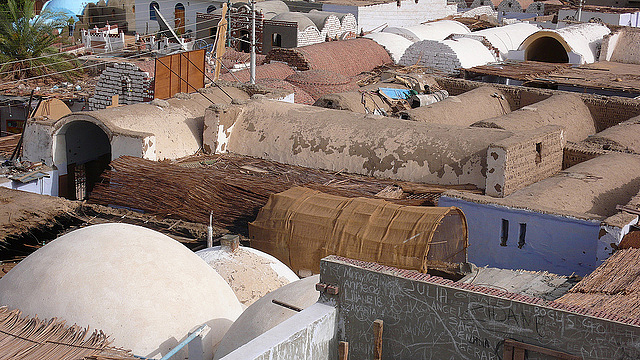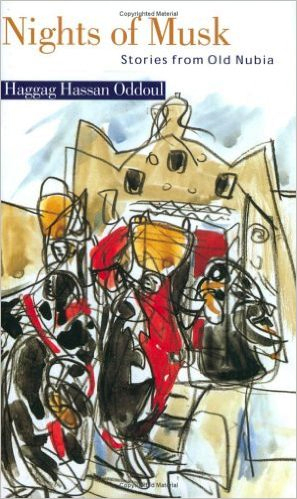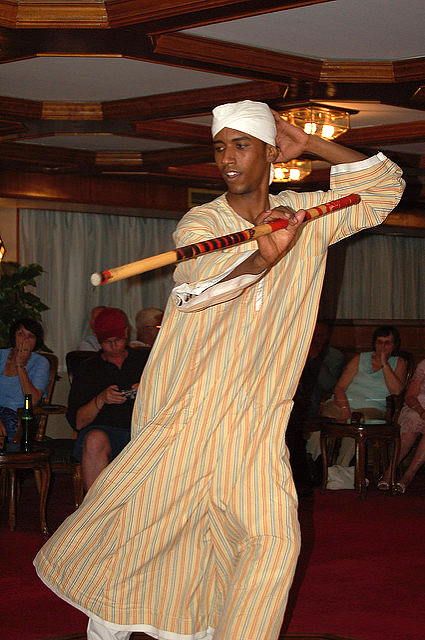Egyptian Nubians are becoming more assertive since the government is reneging on its promise that they have a right to return to lands along the Nile in southern Egypt. Current developments were described by a news report in The Economist on September 17.

The reporter provided a brief summary of Nubian history that included the relocation of ancient monuments to save them from being inundated by Lake Nasser, formed when the Aswan High Dam was constructed across the Nile in southern Egypt in the 1960s. About 50,000 Nubians were resettled from their villages along the river into inadequate houses in Kom Ombo, about 50 km. north of the city of Aswan. That population has swelled to nearly 90,000. The Nubian people have also settled into crumbling houses in Aswan itself as well as the cities of northern Egypt, especially Cairo and Alexandria.
While they complain about the quality of their homes, their primary concern is that their culture is based on proximity to the Nile, and Kom Ombo is about 25 km. from the river. But their newly-found sense of activism, energized by the revolution of 2011, seemed to finally be leading to a reasonable solution when the new constitution, passed in 2014, officially recognized their right to a Nubian homeland. It outlawed discrimination and, critically, in article 236 it established the Nubian right of return to lands along the Nile—or Lake Nasser—in southern Egypt.

But Nubian leaders are becoming convinced that the government is stalling on its commitments. Haggag Oddoul, the prominent Nubian Egyptian writer and participant in the drafting of the constitution, has become disillusioned. “Egypt’s corrupt institutions are working on preventing Nubians from returning so they can take over the Nubian land and use it [for] their benefit,” he said.
A draft law of the proposed resettlement has “disappeared,” according to Muhammad Azmy, the head of a pressure group called the Public Nubian Union. Much worse, President Abdel-Fattah al-Sisi issued a decree that the parliament approved in January designating a military zone in southern Egypt which excludes many areas that the Nubians were considering as possible places to which they might resettle.

Some Nubians fear that the government is spearheading an effort to eliminate Nubian culture as part of its attempt to foster a single Arab identity. Many of the Nubian people who were raised in Alexandria and Cairo have forgotten their native language and their heritage. Mr. Oddoul summed up the fears of their leadership: “If we don’t return soon to our home, we will only be Nubians by colour,” he said, referring to their darker skin. In response to these concerns, younger Nubians, using the Internet, are trying to reinvigorate their culture with traditional art and music performances.
According to The Economist, the government may fear that Nubians might ultimately want to declare their independence from Egypt. While that seems farfetched to many, there is little doubt that the actions of the government are fostering resentment. The journalist wrote that the Nubians have started protesting—and organizing lawsuits—to fight the president’s decree. The older generation of Nubians have been more accommodating, more patriotic, and more willing to admit that the Aswan dam could benefit all of Egypt. Younger Nubians are not convinced.